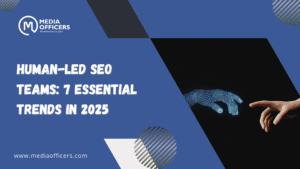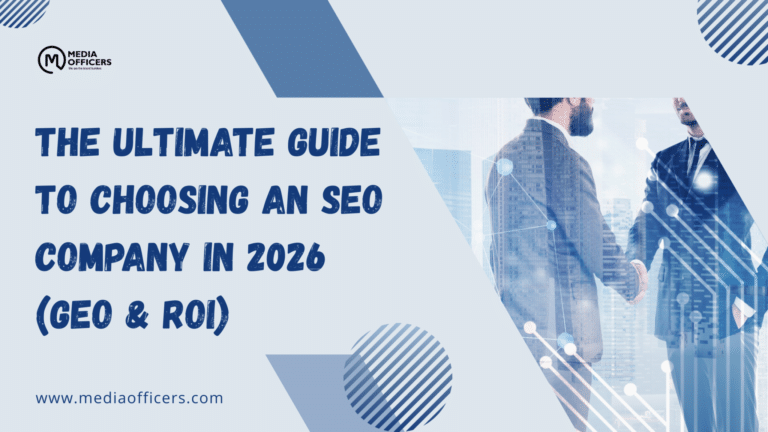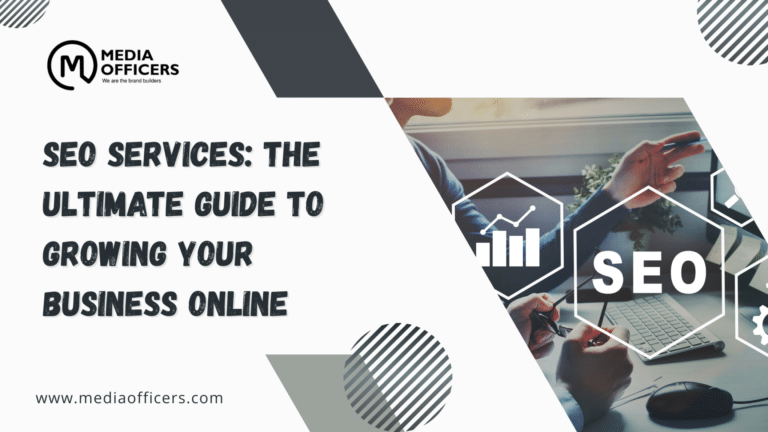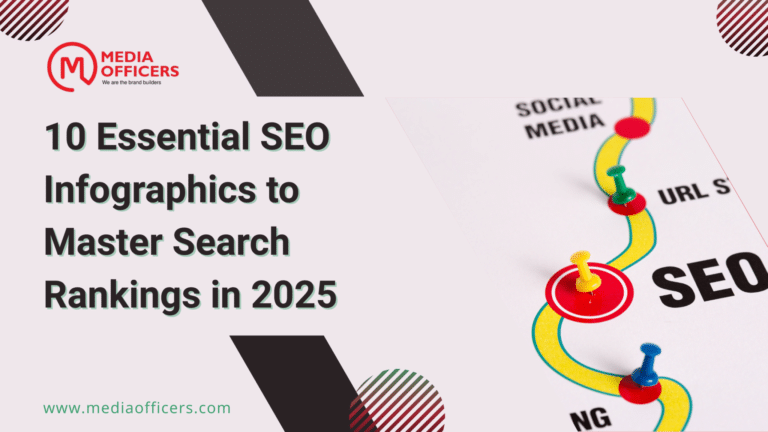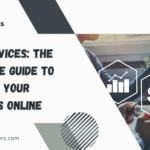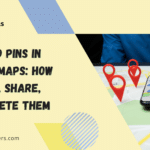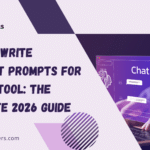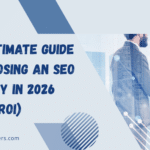The future of SEO teams is human-led SEO teams, powered by agents to multiply impact in a fast-evolving digital landscape. The AI conversation has swung between fear and hype, but the real story is augmentation rather than replacement. As generative AI becomes ubiquitous, organizations are discovering that the most resilient search programs blend human judgment with intelligent systems to accelerate learning, experimentation, and revenue. This article reframes the debate and offers a concrete path for teams aiming to lead in 2025 and beyond.
The AI narrative and the evolving nature of skilled work
Across industries, headlines emphasize disruption. Yet leading researchers argue that mass destruction is largely overstated. The chatter around job displacement often misses the longer arc of skill evolution, where roles transform instead of vanishing. In search engine optimization, that evolution is visible already. We are not witnessing the death of SEO but a fundamental shift in how talent is organized and what it can achieve. The conversation that matters now is how to equip human-led SEO teams with tools and processes that dramatically amplify output without sacrificing quality or brand safety.
For SEO teams, this means embracing AI as a force multiplier. It is not a jackhammer replacing the hammer, but a mechanism that extends reach, accelerates experimentation, and ties activities more tightly to outcomes that matter such as pipeline, conversions, and revenue. As analyst and thinker Josh Bersin notes, claims of mass job destruction are often over-hyped. The opportunity lies in transformation, not elimination, especially when teams design for capability and adaptability rather than tradition and hierarchy.
Reframing SEO from survival to measurable impact
Historically the aim of SEO was to climb rankings and capture visibility. Today the aim is growth across the revenue funnel, including organic discovery, AI assisted insights, and increasingly the Generative Engine Optimization GEO layer. This shift reframes success as impact delivered through trusted search strategies, not just technical metrics. When human-led SEO teams leverage AI to surface insights, automate routine tasks, and orchestrate cross functional workflows, they can move from reactive optimization to proactive growth programs that demonstrate clear ROI.
In practice, AI should be seen as a tool that expands human capacity. The best SEOs do not fear automation; they design automation to handle repetitive tasks while they focus on strategy, storytelling, and experimentation. The goal is not simply to keep up with algorithms but to outpace them by delivering faster, higher quality results that align with business objectives.
A lean, capable team model in an AI era
The team landscape has already begun to shift. Years of growth in marketing and SEO headcount are giving way to leaner structures and higher expectations for return on every role. A recent industry report highlighted a decline in remote SEO roles and content focused positions, signaling a move toward versatile, cross disciplinary roles. The new reality is that leadership must deliver more with less by combining capabilities rather than stacking titles. In this context, the most effective teams are less pyramid and more rocket ship, with a few strategic managers guiding multiple agents and cross functional collaborators.
In other words, the metric for success is no longer headcount but capability and impact. The organization must enable people to orchestrate and oversee AI driven agents while maintaining a sharp focus on brand alignment, quality, and strategic direction. The right architecture enables a human-led SEO teams ecosystem where specialists and generalists collaborate with agents to accelerate growth and reduce time to insight.
Rethinking SEO talent and team design
The most successful leaders are moving away from hiring for narrow technical skill sets. The strongest candidates are problem solvers who understand how search connects to the broader growth engine. They can work across content, data, product, and marketing to scale impact. This requires new recruiting criteria and new onboarding paths that emphasize adaptability, systems thinking, and cross functional collaboration.
As teams evolve, the traditional pairing of a technical SEO with engineering support is being replaced by models where AI product managers, data scientists, and marketers co create with the core SEO function. The aim is to craft a cohesive system where humans define the problem, data informs the solution, and agents execute at scale with continuous human in the loop oversight for QA and alignment. The mindset shift is simple: consider what capability we must master to stay competitive, then design the team and the agents around that need.
The new human led, agent empowered team
The future of SEO teams will be defined by collaboration between humans and agents. These agents are AI enabled systems that can perform high volume tasks while humans maintain control over strategy, quality, and brand alignment. Examples include automated content refreshers, site health bots, and citation validation agents that work alongside human experts to deliver rapid, high quality output.
The human role under this model is to define, train, monitor, and QA the output from agents. This creates a powerful division of labor where agents handle repetitive, data heavy or time consuming tasks, and humans focus on interpretation, strategic direction, narrative, and business impact. The combination reduces cycle times, increases consistency, and unlocks capacity for more experimentation and smarter decision making.
The cost of building robust agent frameworks varies widely but typically sits in the range of twenty thousand to one hundred fifty thousand dollars. This reflects the complexity of the system, the required integrations, and the need for specialist input across data science, engineering, and human QA teams. A single human manager can oversee multiple agents, effectively flattening the traditional pyramid and enabling a rocket ship style of growth that scales with the program rather than the budget.
Real world archetypes and practical implementations
Across sectors, three archetypes illustrate how teams can deploy agents to augment their work while preserving human oversight and strategic direction:
- SaaS companies can deploy an onboarding agent that reads product data, builds landing pages, and conducts first pass SEO audits, with a human strategist refining output and ensuring alignment with product marketing goals.
- Marketplace or seasonal brands can use an Audience Discovery Agent to mine customer and marketplace signals, while the human team crafts the narrative and sets the vertical direction based on market insights.
- Enterprise content hubs can implement Content Refresh Agents that identify high value pages, propose optimizations, and push drafts to editors who finalize the content with brand guardrails and editorial quality checks.
In all cases, a strong integration framework is essential. The SEO GEO squad should not operate in a silo. It must partner with paid search, analytics, revenue operations, and UX to ensure a cohesive growth engine. Agents create capacity while humans provide alignment, context, and strategic amplification.
How to start building the agent led SEO organization
The journey starts with clear capability mapping. Ask the critical question: what capability must we master to stay competitive in the next 12 to 24 months? Once you identify that capability, design your people and your agents around it. This might mean pairing AI powered agents with a lean leadership node that owns governance, QA, and cross functional coordination.
Next, invest in a few high leverage agent frameworks that can be scaled across projects. Build in human in the loop oversight from day one to ensure accuracy, adaptability, and brand alignment. Seek partnerships with experts who can co create rather than simply deliver. The best outcomes come from teams that learn how to manage and scale agents themselves rather than relying solely on third party products.
Finally, adopt a rocket ship mindset. Move away from a rigid pyramid toward an empowered, fast moving structure where humans and agents collaborate to multiply output, insights, and results. The future of SEO starts with teams that are both smart and capable of building smarter systems. It is human led and agent powered, and it is within reach for organizations of every size.
Cost, risk, and measurable impact
Investing in AI driven agents is not a luxury, it is a strategic imperative for competitive SEO programs. The upfront costs cover development, data integration, and governance, but the long term gains come from faster experimentation cycles, higher output quality, and more precise alignment with business metrics. A pragmatic view is that a smaller, well governed set of agents can deliver more than a large, poorly coordinated program. Properly managed, a human led SEO teams approach reduces risk while expanding impact across channels and teams.
Roadmap for practitioners
To begin building the future today, consider these actionable steps:
- Map capabilities and identify critical gaps where agents can accelerate impact
- Design agent frameworks with a strong human in the loop for QA and brand control
- Invest in cross functional governance that aligns with analytics, UX, content, and paid media
- Prototype with small, scalable pilots before broad rollouts
- Measure impact with business oriented metrics such as pipeline, conversions, and revenue tied to organic discovery
The final objective is clear. Build, not just buy. The future of SEO teams is human led and agent powered, and the best practitioners will design, train, and govern their own agents to multiply the power of their human talent.
Frequently Asked Questions
What is meant by human led SEO teams?
Human led SEO teams describe a model where humans guide strategy, quality assurance, and interpretation while AI driven agents execute repetitive tasks, gather data, and automate routine processes. This combination expands capacity and enables faster, more reliable growth outcomes.
Why should teams adopt agent powered workflows?
Agent powered workflows scale repetitive tasks and data heavy work, freeing human experts to focus on strategic decisions, narrative, and growth experiments. This accelerates learning cycles and improves alignment with business goals, making SEO programs more impactful and resilient.
How do you start building agent frameworks
Begin with a clear capability map, identify critical gaps, and design a minimal viable agent framework with strong human oversight. Partner with experts to co create, test in small pilots, and scale only after measuring impact against business metrics. A measured, iterative approach reduces risk and builds credible capability over time.
Conclusion
The era of SEO is shifting from routine optimization to strategic growth powered by intelligent systems and human ingenuity. The concept of human-led SEO teams working alongside agents offers a practical, scalable path to higher velocity and stronger outcomes. By re structuring around capabilities, investing in agent frameworks with robust human in the loop oversight, and fostering cross functional collaboration, organizations can design teams that not only survive the AI transition but define it. The future belongs to those who design, train, and govern the agents that amplify human brilliance. Embrace the shift, and lead the next generation of search leadership with confidence.

